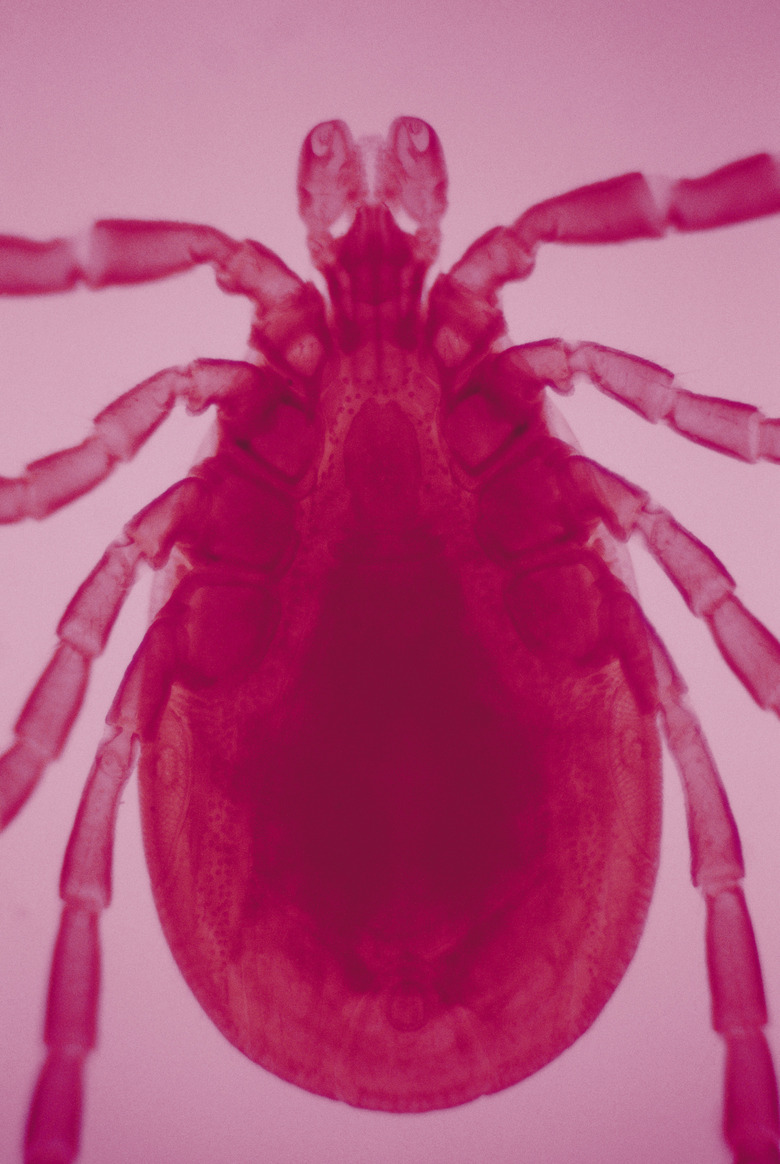Tick Infestations In Beds
Ticks — the little vampires — are one of the most notorious pests to find a way into our homes. They are small arachnids that belong to the group of external parasites also called the ectoparasites. Ticks survive by taking blood from the host bodies. They use animals, birds and even humans as their hosts. But these are guests that no host likes to serve. Tick bites are not only irritating; they can also cause inflammation, relapsing fever, Lyme disease and other ailments.
Arrival
Arrival
Ticks usually enter the homes through a carrier. Carriers can be either humans or animals. They can even enter houses through clothes or sheets that have been in infested areas. Once they are in they can wreak havoc. Between blood meals a tick can survive for about a year and a female lays 5,000 or more eggs during her lifespan.
Favorite Areas
Favorite Areas
Beds, bed covers, bed sheets and other bedding related items are hiding and resting places for ticks. Ticks prefer these areas since they provide easy access to the human host. They can easily latch on to the body and hair from beds. Wooden beds in particular are a haven for ticks, since they can easily hide and lay eggs in the cracks.
Prevention
Prevention
They say prevention is better than the cure and they say it for a reason. Taking small pains to avoid infestations is much better than trying to get rid of ticks once they are already settled in. "Travelers ought to check their bodies and clothes for ticks after outdoor activities," says Gary W. Brunette in "Health Information for International Travel." Similarly, inspect your pets after outdoor walks to ensure no unwanted guests are entering the home with them.
Cure
Cure
Waiting for a tick infestation to go away on its own is not recommended. If ticks have wriggled in somehow they will not leave gently. Vacuuming around the area is the first step. Next, remove all bed covers, sheets, pillows and mattresses. Spray them with insecticides available in the market like Permethrin Pro, Cyonara 9.7, Bifen It and Conquer. Wash the clothes thoroughly then to rid them of the chemicals. It is a challenge to rid a bed of ticks due to the small cracks that give them sanctuary, but these can be sprayed with pesticides like Sevin (carbaryl) regularly.
Natural Remedies
Natural Remedies
Apart from chemical products there are a few handy natural remedies that can also be used to get rid of ticks. Try putting bed sheets, pillows and other items into sealed bags and placing them in the freezer. The extreme temperature will kill the ticks. Similarly, place bed and bedding items in the sun in summer for ticks to die in severe heat. Spray windowsills and doorjambs with citrus oil to keep ticks away.
References
- "CDC Health Information for International Travel: 2012"; Gary W. Brunette; 2011
- "Tick-Borne Diseases of Humans"; Jesse L. Goodman et al; 2005
- "Pests of Paradise: First Aid and Medical Treatment of Injuries from Hawai'i's Animals"; Susan Scott, Craig Thomas; 2000
